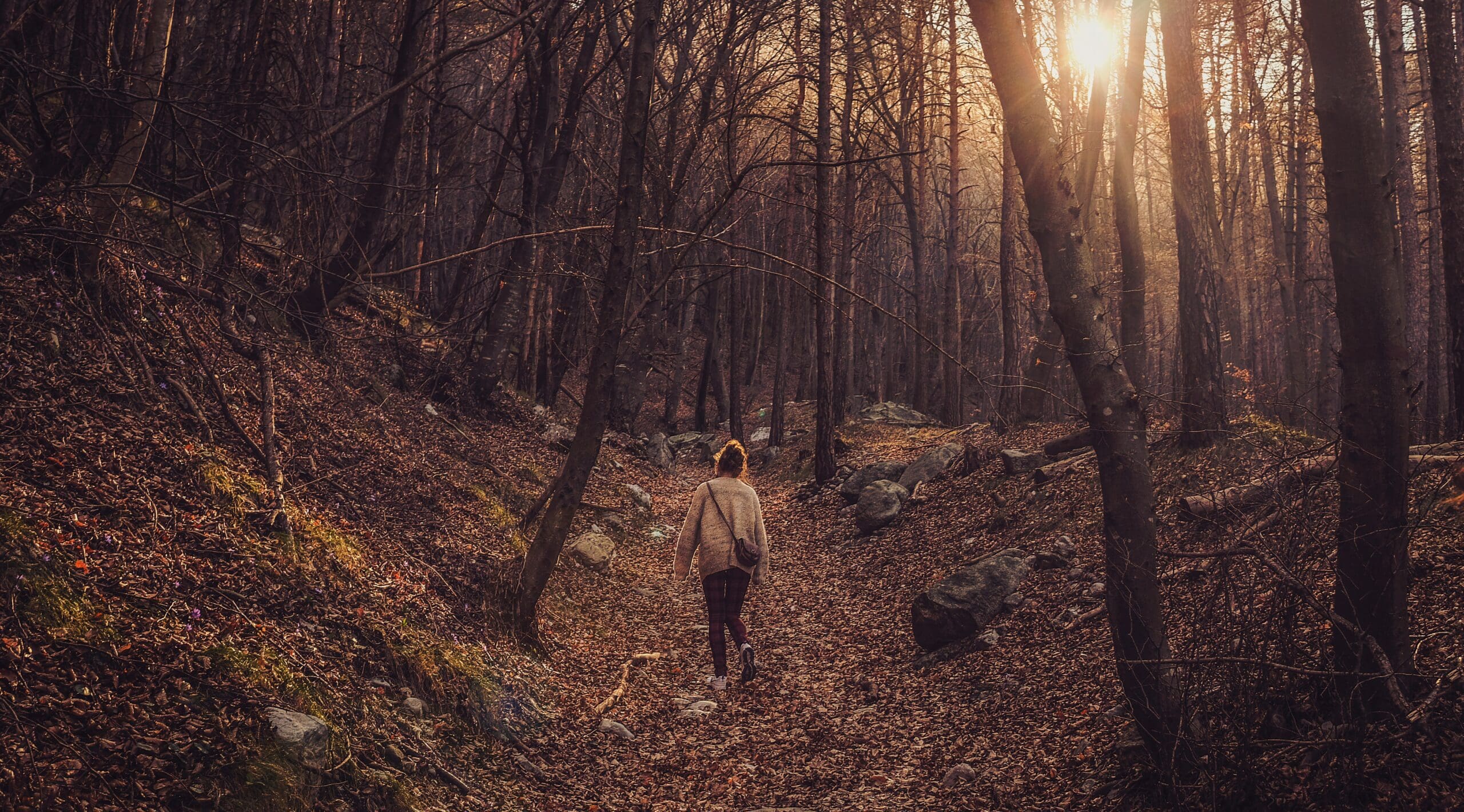What does walking mean to you? A new blog series by ACCESS Leadership College Fellows
Published on 4 June 2025
Over the next five weeks – starting on Friday – five ACCESS Leadership College Fellows – Jaya Gajparia, Susi Power, Mandi Bissett, Helen Roberts, and Jennifer Rudd – will be sharing their own experiences of walking and working in nature. Jennifer introduces the new blog series in this introductory post.
What does walking mean to you? Is it an opportunity to relax or something you have to do? Does it give you space to mull over challenging work problems or do you focus purely on enjoying the nature around you?
Walking means many things to many people and in our second ACCESS College retreat a group of us were discussing the interplay of walking and working. We were sharing and thus exploring how where we walked influenced our work and how our work changed our walks. In this short series of blogs you will read the different perspectives of working women and their walks.
Jaya Gajparia talks about how she used to run in Fryent Park, finding the presence of nature soothing in a time of the global pandemic. That sense of peace and security was ripped away from her by the brutal murder of two women that same park on 6 June 2020. Jaya goes on to discuss the impact of such events on women, how women are burdened with the responsibility of keeping themselves safe, while society does not expect men to behave better. Finally, Jaya explores intersectionality and how women of colour are even more likely to be the targets of abuse both online and in person and are less likely to be heard and taken seriously by people in authority than white women. Jaya finishes with the chilling rhetorical question “Is it that I didn’t know I was scared or is it that being scared has become the norm?”.
Susann (Susi) Power explores her relationship with the beach, which she describes as “a liminal space between hope and despair”. Susi discusses the limitless nature of the beach, an ever-changing natural space which offers much more the economic value. However, her experience of the beach is easily blighted by litter, with “542 pieces of litter found per 100 metres of beach in Northern Ireland… 90% of which is plastic”. She then goes on to unpack the concept of Enviro-Leisure Activism, devised following a study by her of beach cleaners in Northern Ireland. This small study led to a large AHRC-funded project called “Future Island-Island” which envisions a new form of beach cleaning activism where waste is turned back into something of value, thus moving to a circular economy. The article ends on a positive as Susi reflects on the opportunity the Future Island-Island offers: “For the beach, we tip the scales of liminality from despair to hope”.
Community action is the theme of a blog from Mandi Bissett with Southampton Common at the centre. Mandi introduces us to the concept of Doughnut Economics from Dr Kate Raworth, which turns the classical idea of increasing GDP growth on its head, prioritising instead human wellbeing and staying within the planetary boundaries. Mandi writes about how the Southampton Climate Action Network has been “introducing the city to the concept of Doughnut Economics” and how women have been on the frontline of climate action. Mandi asks reflective questions such as “Are women naturally better at convening and connecting?” and muses about being able to interview inspirational female leaders on her walks across the common. Mandi finishes by asking the reader “What is their secret recipe for generating and sustaining hope? And what is yours?”
Helen Roberts talks about walking in solitude, and how that evolved into running as she worked up to completing her first, and last, half marathon! Living in a recently developed town, and with a job in the Met. Office, Helen’s walks and runs help her to reflect on living on a floodplain with the potential challenges and advantages that come with it. Helen finishes by reflecting on her role as a socio-meteorologist, managing the balance of advice required to deal with extreme weather as a result of climate change.
Finally, Jennifer Rudd, writes about her personal challenge of walking with disabilities. As someone who is autistic and has a B12 deficiency walking isn’t always as simple as stepping outside the door and heading off. Low energy levels and anxiety means either rigidly sticking to regular walks of familiarity, location and timing, or major planning exercises to deal with the unknowns. The former can offer comfort and routine, a way of working through weekly planning and providing headspace to work through problems. The latter is an opportunity to explore with the family. Jennifer reflects on recent family adventures and how she has been able to move beyond short coastal walks to climbing mountains and taking on the Pembrokeshire Coastal Path.
We hope you enjoy these blogs as much as we’ve enjoyed writing them and we hope they provide you with an opportunity to reflect on what walking means to you and how access to nature is vital for all.

